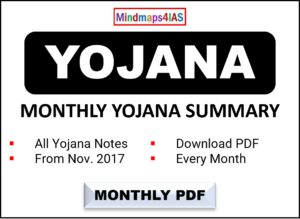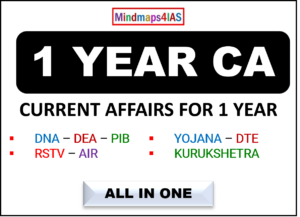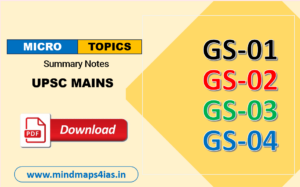Subject: Geography, Environment, Government Schemes
Relevance: The GNI project has strategic significance for India. It’s important to understand the project, its geographical significance, and associated concerns.
Key Takeaways
-
GNI Project Overview:
-
Conceived by NITI Aayog and launched in 2021.
-
Key components:
-
International Container Transshipment Terminal (ICTT)
-
Greenfield international airport (4,000 passengers peak hour capacity)
-
Township
-
Gas and solar-based power plant (spread across 16,610 hectares)
-
-
Implemented by Andaman and Nicobar Islands Integrated Development Corporation (ANIIDCO).
-
-
Strategic Alignment:
-
Aligns with India’s Maritime Vision 2030.
-
Key project under Amrit Kaal Vision 2047.
-
Leverages the island’s strategic location: equidistant from Colombo and Port Klang/Singapore.
-
-
Location:
-
Andaman and Nicobar Islands: Cluster of 836 islands, divided into Andaman Islands (north) and Nicobar Islands (south) by the Ten Degree Channel.
-
Great Nicobar: Southernmost and largest of the Nicobar Islands (910 sq km).
-
Indira Point: India’s southernmost point, 90 nautical miles from Sabang (Sumatra).
-
-
Environmental Features:
-
Mainly tropical rainforest.
-
Two national parks
-
Biosphere reserve
-
Small populations of Shompen and Nicobarese tribal peoples.
-
Non-tribal settlers
-
-
Strategic Importance:
-
Proximity to Malacca Strait: The main waterway connecting the Indian Ocean to the Pacific.
-
The ICTT is expected to integrate Great Nicobar into the regional and global maritime economy.
-
Sabang (Indonesia) is 90 nautical miles from Indira Point, and Coco Island (Myanmar) is close to the Andamans.
-
A&N Islands as a first line of defense against maritime security threats from the East.
-
-
Maritime Zone Delimitation:
-
A&N Islands share international maritime zone delimitations with Myanmar, Thailand, Indonesia, and Bangladesh.
-
Provide India with substantial ocean space under UNCLOS (exclusive economic zone and continental shelf).
-
-
Concerns:
-
Threat to the ecology of the islands.
-
Impact on the Shompen (PVTG) and Nicobarese tribes.
-
-
PVTGs (Particularly Vulnerable Tribal Groups):
-
Sub-classification of Scheduled Tribes (STs).
-
Severely marginalized due to isolation, low population, and socio-economic characteristics.
-
Face limited access to services, social discrimination, and displacement risks.
-
Limited political representation.
-
UNESCO Biosphere Reserve
-
Great Nicobar Biosphere Reserve included in UNESCO’s Man and Biosphere (MAB) Program in 2013.
-
The MAB program aims to establish a scientific basis for enhancing the relationship between people and their environments.
















